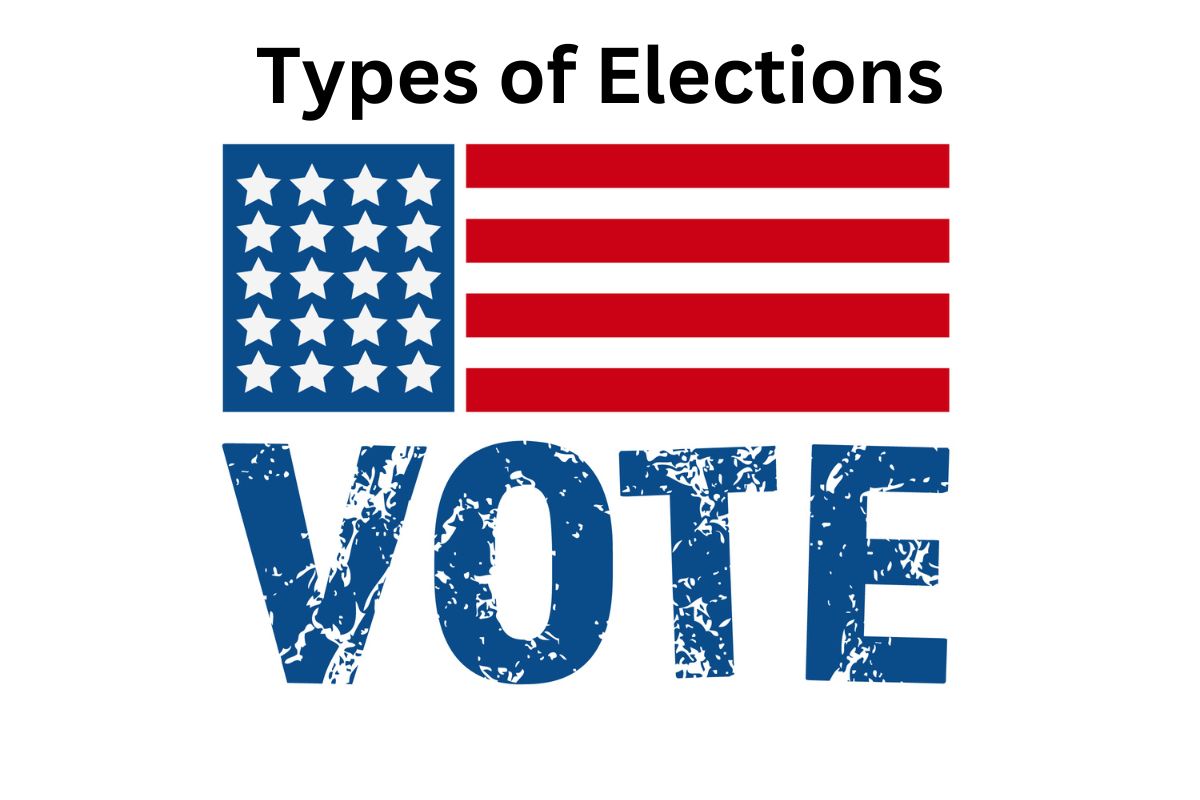An election is a process through which people choose their representatives for public office or decide on specific issues. Elections are a crucial part of any democratic society, as they allow citizens to exercise their right to participate in the governance of their communities.
Understanding the different types of elections is essential for anyone interested in politics or government, as each type has its own unique characteristics and significance.
In this article, we will explore the various types of elections, their purposes, and some examples of each.
Types of Elections
1. General Elections
General elections are held at regular intervals to elect the leaders who will govern the country or region. These elections are usually held every few years and are open to all eligible voters.
Also Read: Voting Facts
The purpose of general elections is to choose a new government, which may include a new president, prime minister, or other leaders. Examples of general elections include the US presidential election and the UK general election.
2. Primary Elections
Primary elections are held before the general elections to choose the candidates who will represent each political party. These elections are held within a party and are open only to registered members of that party.
Also Read: General vs Primary Election
The purpose of primary elections is to determine which candidate will be on the ballot for the general election. Examples of primary elections include the US presidential primaries and the UK party leadership elections.
3. Special Elections
Special elections are held at any time other than the regular election cycle. These elections are usually held to fill a vacant office or to decide on a specific issue.
The purpose of special elections is to address an immediate need or issue that cannot wait for the next general election. Examples of special elections include by-elections, referendums, and recall elections.
4. Runoff Elections
Runoff elections are held when no candidate in a general election receives a majority of the votes. In a runoff election, the top two candidates from the first round of voting face off in a second election.
Also Read: Facts About Elections
The purpose of a runoff election is to ensure that the winning candidate receives a majority of the votes. Examples of runoff elections include the French presidential election and some US state and local elections.
5. Recall Elections
Recall elections are held to remove an elected official from office before their term has ended. These elections are initiated by a petition signed by a certain number of eligible voters.
The purpose of a recall election is to allow citizens to hold their elected officials accountable if they believe they are not performing their duties properly.
Examples of recall elections include the California gubernatorial recall election in 2021 and the 2003 recall election of California Governor Gray Davis.
Differences Between Types of Elections
- Eligibility to vote – General and special elections are open to all eligible voters, while primary elections are open only to registered members of a political party.
- Number of candidates – General and special elections may have multiple candidates from various political parties, while primary elections have candidates from a single political party.
- Timing – General and special elections are held at regular intervals, while primary and runoff elections are held before the general election cycle.
- Purpose – General elections choose a new government, primary elections choose party candidates, special elections address specific issues, runoff elections ensure majority support, and recall elections remove elected officials from office.
- Results – General and special elections determine the outcome of the election cycle, while primary, runoff, and recall elections have more specific outcomes related to candidate selection, majority support, or removing officials from office.
Conclusion
In conclusion, understanding the different types of elections is essential for anyone interested in politics or government.
Each type of election has its own unique characteristics and significance, and knowing the differences between them can help us better understand the political process. By participating in elections and staying informed about the issues, we can help shape the future of our communities and countries.
